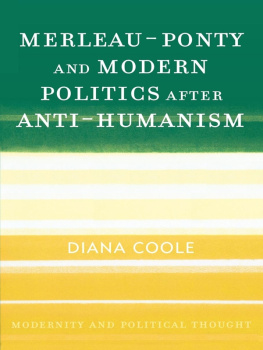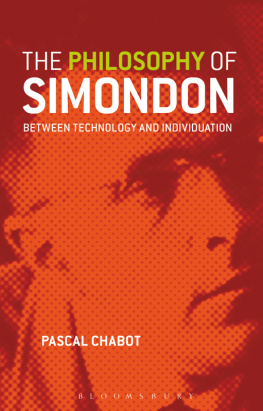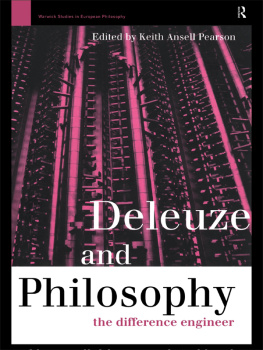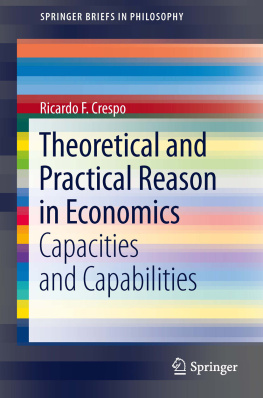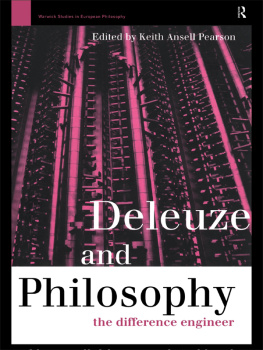Bardin - Epistemology and political philosophy in Gilbert Simondon : individuation, technics, social systems
Here you can read online Bardin - Epistemology and political philosophy in Gilbert Simondon : individuation, technics, social systems full text of the book (entire story) in english for free. Download pdf and epub, get meaning, cover and reviews about this ebook. year: 2015, publisher: Springer, genre: Politics. Description of the work, (preface) as well as reviews are available. Best literature library LitArk.com created for fans of good reading and offers a wide selection of genres:
Romance novel
Science fiction
Adventure
Detective
Science
History
Home and family
Prose
Art
Politics
Computer
Non-fiction
Religion
Business
Children
Humor
Choose a favorite category and find really read worthwhile books. Enjoy immersion in the world of imagination, feel the emotions of the characters or learn something new for yourself, make an fascinating discovery.
Epistemology and political philosophy in Gilbert Simondon : individuation, technics, social systems: summary, description and annotation
We offer to read an annotation, description, summary or preface (depends on what the author of the book "Epistemology and political philosophy in Gilbert Simondon : individuation, technics, social systems" wrote himself). If you haven't found the necessary information about the book — write in the comments, we will try to find it.
Abstract: This combination of historiography and theory offers the growing Anglophone readership interested in the ideas of Gilbert Simondon a thorough and unprecedented survey of the French philosopher{u2019}s entire oeuvre. The publication, which breaks new ground in its thoroughness and breadth of analysis, systematically traces the interconnections between Simondon{u2019}s philosophy of science and technology on the one hand, and his political philosophy on the other. The author sets Simondon{u2019}s ideas in the context of the epistemology of the late 1950s and the 1960s in France, the milieu that shaped a generation of key French thinkers such as Deleuze, Foucault and Derrida. This volume explores Simondon{u2019}s sources, which were as eclectic as they were influential: from the philosophy of Bergson to the cybernetics of Wiener, from the phenomenology of Merleau-Ponty to the epistemology of Canguilhem, and from Bachelard{u2019}s philosophy of science to the positivist sociology and anthropology of luminaries such as Durkheim and Leroi-Gourhan. It also tackles aspects of Simondon{u2019}s philosophy that relate to Heidegger and Elull in their concern with the ontological relationship between technology and society, and discusses key scholars of Simondon such as Barthelemy, Combes, Stiegler, and Virno, as well as the work of contemporary protagonists in the philosophical debate on the relevance of technique. The author{u2019}s intimate knowledge of Simondon{u2019}s language allows him to resolve many of the semantic errors and misinterpretations that have plagued reactions to Simondon{u2019}s many philosophical neologisms, often drawn from his scientific studies
Bardin: author's other books
Who wrote Epistemology and political philosophy in Gilbert Simondon : individuation, technics, social systems? Find out the surname, the name of the author of the book and a list of all author's works by series.



